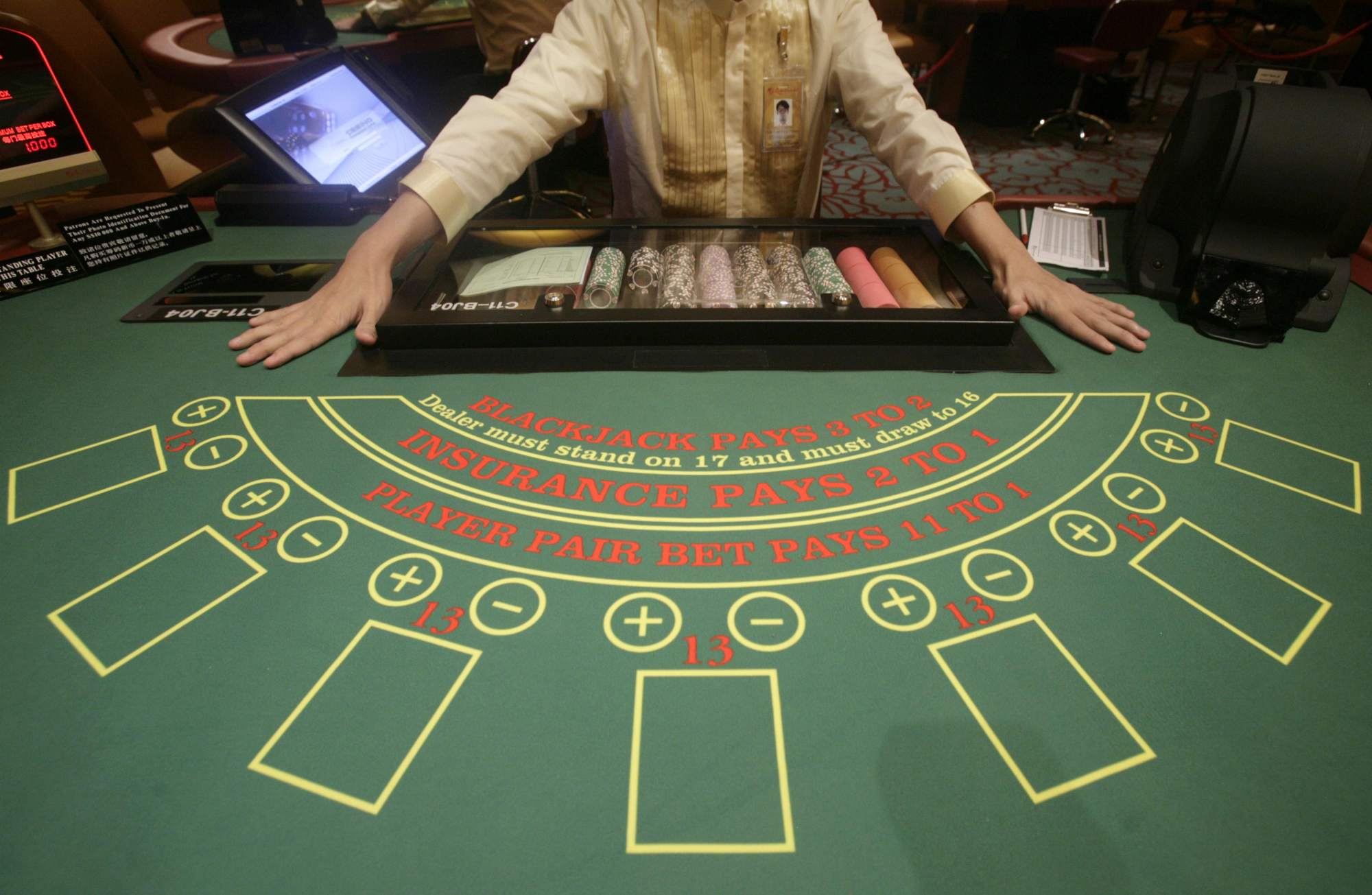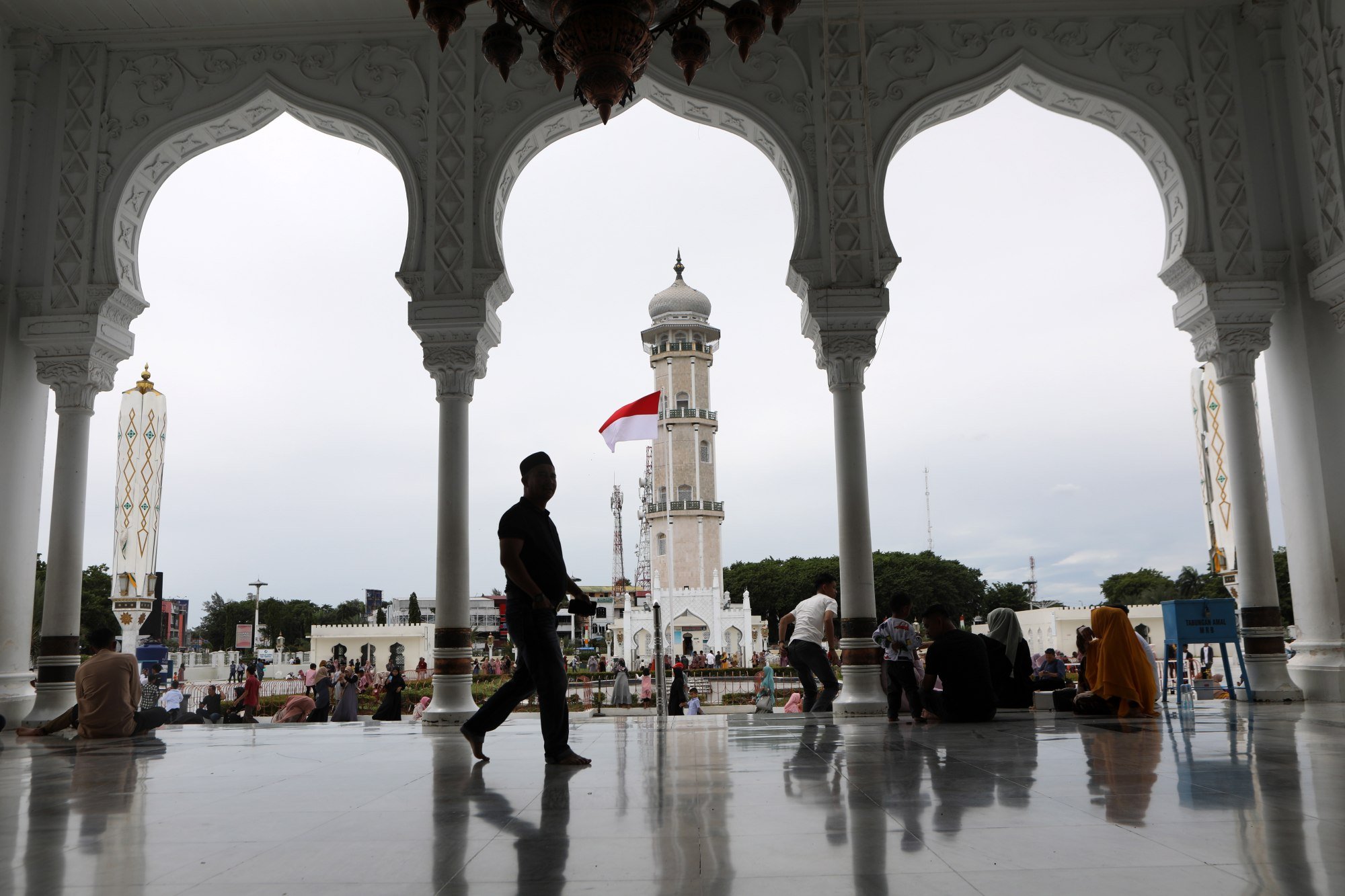Is Indonesia ready to roll the dice on casinos at the risk of social costs?
An Indonesian lawmaker has asked Jakarta to consider following the UAE in allowing casino gambling, saying the idea is ‘out of the box’

The potential legalisation of gambling in Indonesia has resurfaced as a means for higher state revenue, but opponents argue the activity risks fraying the cultural fabric of the world’s largest Muslim-majority nation.
Lawmaker Galih Kartasasmita floated the idea during a meeting with the finance ministry on May 8, where he said Indonesia should follow the footsteps of the United Arab Emirates, which legalised gambling last year.
“The UAE is ready to run a casino, [an] Arab country [finally] runs a casino. Their ministries and institutions are out of the box,” Galih said.
Gambling is forbidden – whether offline or online – in Indonesia, where nearly 90 per cent of the population is Muslim.
In October, the UAE granted its first commercial gaming operator licence to Las Vegas-based hotel and casino operator Wynn Resorts, becoming the first Gulf country to legalise the sector.
A few days later, Galih clarified he was not proposing to allow gambling in Indonesia, but merely suggesting the ministry could seek more creative ways to reduce Indonesia’s dependency on natural resources.
Galih was not the first to suggest the legalisation of gambling in Indonesia.
Last August, a member of the Indonesian Young Entrepreneurs Association (Hipmi) in Bali proposed a casino development on the resort island, which would add an estimated 13 trillion rupiah (US$801 million) to the island’s income. The gambling money could be used to tackle a myriad of crises in Bali, including waste and water issues.

More harm than good
Galih’s idea has drawn mixed reactions from other Indonesian politicians. The opposition camp includes lawmaker Muhammad Kholid from the Islam-based Prosperous Justice Party, who warned gambling would lead to more “social and economic costs” than benefits in Indonesia.
“Rather than legalising gambling, which is clearly haram and high risk, it would be better for the government to focus on promoting the halal economy and strengthening the sharia financial sector,” Kholid said in a statement released on May 14.
He cited a study by American economist and political scientist Earl Grinols, who said that “every one dollar of state revenue from legalised gambling causes social losses of seven to 10 dollars”.
“These figures are certainly contextual, but they are a strong signal that the gambling industry will have a more destructive impact than the economic benefits it promises,” Kholid said.
Nailul Huda, an economist with Jakarta-based think tank Centre of Economic and Law Studies, or Celios, also rejected the idea, saying there were still other avenues that could be explored to raise revenue.

“For example, revenues from non-oil and gas natural resources sectors are not yet optimally absorbed, from coal to nickel. Legalisation of gambling is not a priority [measure] to increase state revenue,” Nailul told This Week in Asia.
He argued there would be “further effects” if Indonesia were to legalise the vice.
“People with a mediocre income will try their luck by playing at the casino. Who will be made happy with this? Of course not the government, but the bookies and casino [management] who can rake in the people’s money,” he said.
If casinos were allowed, Nailul argued this would pave the way for legalisation of online gambling, which Indonesia was determined to eradicate as it had caused familial conflicts, increased crimes, and claimed the lives of its indebted users.
Better local than abroad
For Hikmahanto Juwana, an international relations professor at the University of Indonesia, domestic legal casinos could be “an alternative” for gamblers from the low-middle socioeconomic class, instead of them resorting to illegal online gambling “to seek better living”.
“According to the Financial Transaction and Analysis Reporting Centre, the turnover [from online gambling] has reached 1,200 trillion rupiah. If it continues, the countries that benefit [from Indonesians’ gambling habit] are Cambodia and Myanmar, which have legalised gambling,” Hikmahanto said.
In recent years, many Indonesians have fallen prey to bogus job opportunities in Thailand, only to be trafficked across the border to a conflict zone in Myanmar or to Cambodia by online scam syndicates, which forced the victims to carry out cyber fraud.

Many of the victims would be expatriated at Indonesia’s expense, which underscored another harmful economic effect of illegal gambling, Hikmahanto said.
“If we want to legalise gambling, there is no need to change the law because according to Article 303 of the Criminal Code, what is prohibited is gambling without a permit,” he said.
The casinos could be built on a special island, where infrastructure could be developed to support casinos, and the government could easily control gambling and its flow of money, Hikmahanto said.
“The government must require gambling organisers to display a warning that gambling is forbidden and can lead the perpetrators to hell,” he said.
If the government were to make the vice legal, the casinos could be built in “foreign tourists’ top of mind” destinations like the islands of Bali or Batam, which is located about an hour’s ferry ride away from Singapore, according to Vidya Ramadhan, an academic at the Equity College of Economics in the city of Bandung.
“There can be a [policy] that the casinos are for foreigners only, because the risk of losing money from gambling can have a big impact on Indonesians’ purchasing power,” Vidya said.
Vidya suggested that the government develop casinos for the sole purpose of boosting tourism, rather than competing with Asia’s gambling haven of Macau.
The casino competition is toughVidya Ramadhan, Equity College of Economics academic
“The casino competition is tough. Casinos in Malaysia are actually growing quite slow considering there are other established casinos in Asia, such as in Macau. The casinos in Genting [are operated] purely to support tourism, especially for the state of Pahang,” Vidya said.
Vidya, who claimed that he was “neutral” on the issue, said Jakarta needed to launch a further study before considering the casino development proposal seriously, especially if the goal was to expand tourism.
Casinos are not new in Indonesia.
In 1967, Jakarta governor Ali Sadikin officially allowed gambling as he needed a massive budget to build infrastructure in the capital. The first casino was built in the Petak Sembilan area, in the heart of Chinatown in Jakarta, which delivered up to 25 million rupiah in monthly taxes at that time, or 200 billion rupiah in today’s money.
Six more casinos were built around the capital, whose operating licences were only granted to Chinese-Indonesians as Ali was of the view that gambling was part of Chinese culture. Visitors of all ethnicities came from various regions across Indonesia to gamble in Jakarta’s casinos.
By 1971, gambling contributed up to a quarter of Jakarta’s total state tax revenue of eight billion rupiah, according to Ali. The Suharto government eventually barred gambling in all forms in 1974, particularly to quell criticism about gambling from Muslim scholars and clerics.